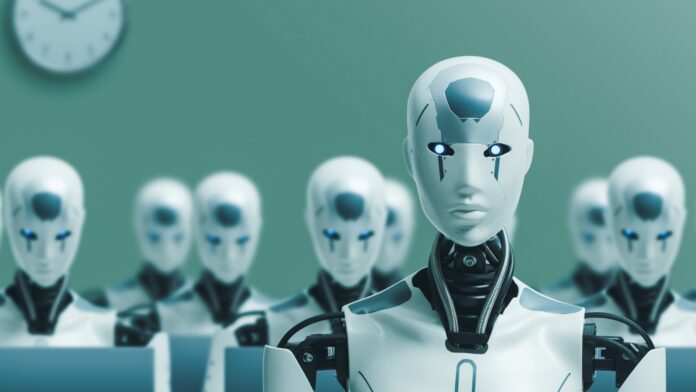Generative AI isn’t an isolated phenomenon. Its rapid development has been enabled by other technological breakthroughs like cloud computing, which opens up access to advanced AI tools; 5G networks that support real-time analytics and processing; and the Internet of Things, which supplies vast amounts of data for AI models. In essence, generative AI has both benefited from and contributed to the progress of various other fields. But how exactly might it boost the growth of these other cutting-edge technologies? Here are some key ways:
Enhancing Virtual Environments
The idea of immersive digital spaces—where people work, play, socialize, shop, and learn—is gaining traction. Generative AI could transform these environments by creating unique content in real time. For example, in a virtual reality game, AI might dynamically generate personalized characters and challenges tailored to each player’s experience. As businesses increasingly establish virtual presences—whether as virtual storefronts, branded experiences, or digital workspaces—generative AI could simplify the creation of these complex, 3D spaces simply by interpreting human instructions into code and design.
Empowering Smart Robotics
Robotics stands to gain significantly from generative AI. By integrating adaptive learning capabilities, future robots will not only perform impressive physical tasks but also engage in natural conversations and complex decision-making. This evolution means that jobs once thought to be the sole domain of human cognitive or creative skills might also see automation, particularly when combined with robots capable of handling tasks in manufacturing, retail, hospitality, and construction.
Revolutionizing Materials Science
Generative AI is already influencing the field of materials discovery by simulating properties, analyzing large datasets, and predicting outcomes. This approach minimizes the traditional trial-and-error process, accelerating the development of new materials with innovative characteristics. The result is faster prototyping and the ability to tailor materials for specific industry needs.
Accelerating Advances in Biology and Genetics
Much like its impact on materials science, generative AI is making strides in synthetic biology and gene technology. By processing enormous datasets from genomic research and biological studies, AI models can forecast the effects of genetic modifications. This could usher in an era of personalized medicine—where treatments are fine-tuned to an individual’s genetic profile—or lead to the creation of genetically enhanced organisms that boost crop yields, improve nutrition, and increase pest resistance.
Integrating Brain-Computer Interfaces
While brain-computer interfaces (BCIs) might sound like science fiction, developments in this area are well underway. Companies are already exploring ways to connect the human brain directly to computers. When combined with generative AI, BCIs could transform how we access information. Imagine querying an AI simply by thinking, and receiving answers instantly—a seamless integration of human cognition with digital intelligence.
In Summary
We are at a pivotal moment where multiple groundbreaking technologies are converging. As generative AI continues to evolve, its influence will not only enhance its own capabilities but will also drive significant progress across other technological domains, marking the dawn of a new era in machine intelligence and innovation.




